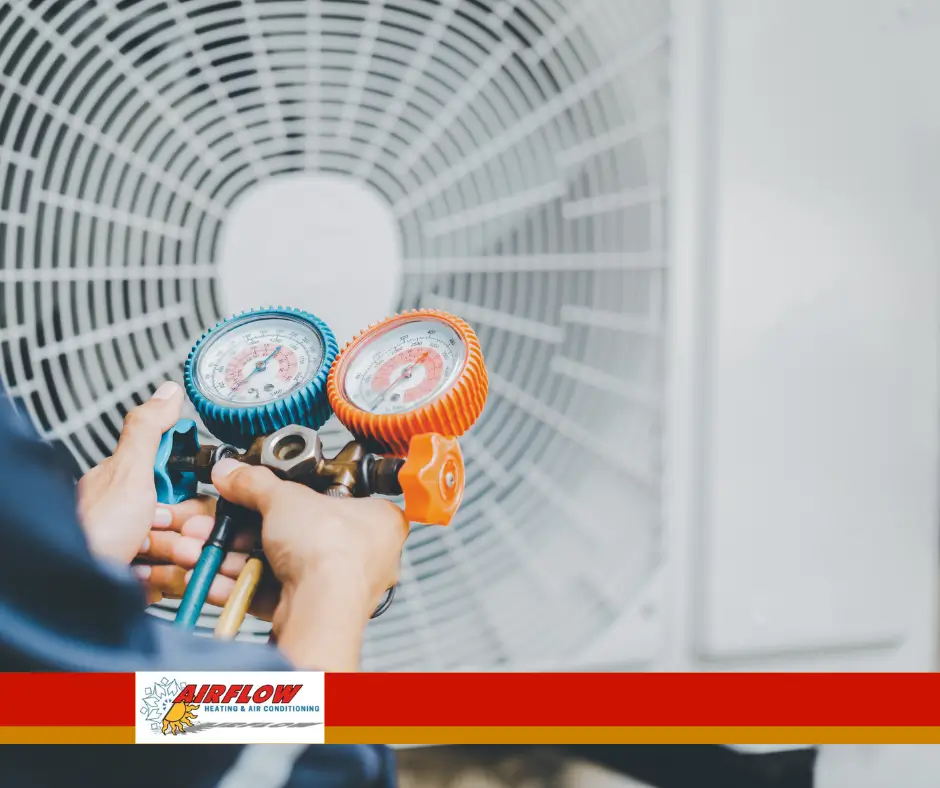What Is Professional Indoor Air Quality Testing?
Professional IAQ testing involves assessing your indoor air for pollutants, allergens, and contaminants. Experts use advanced equipment to identify issues such as mold spores, volatile organic compounds (VOCs), carbon monoxide, and particulate matter. This detailed analysis provides insights to improve your air quality systems and ensure better health outcomes.
Key Benefits of Professional IAQ Testing
1. Identifying Hidden Contaminants
Many harmful pollutants are invisible and odorless, making them difficult to detect without professional testing. IAQ testing uncovers issues such as radon, asbestos, and biological contaminants, which can severely impact health.
2. Enhancing HVAC Performance
A well-maintained HVAC system is crucial for circulating clean air. IAQ testing helps identify blockages, leaks, or inefficiencies in your system, enabling targeted improvements.
3. Promoting Healthier Living Spaces
Testing ensures that your indoor air quality meets safety standards, reducing health risks like asthma, allergies, and fatigue. Clean air contributes to overall well-being and productivity.
How IAQ Testing Enhances Air Quality Systems
1. Optimizing Air Filtration
Professional testing identifies specific pollutants, allowing you to select or upgrade air filters that effectively capture contaminants, improving overall IAQ.
2. Ensuring Proper Ventilation
Testing evaluates your home’s ventilation efficiency. Proper airflow prevents the buildup of harmful gases and maintains a balance of fresh and filtered air indoors.
3. Guiding Targeted Maintenance
Insights from IAQ testing help technicians perform precise maintenance tasks, such as cleaning ducts or recalibrating your air quality systems, ensuring optimal performance.
Signs You Need IAQ Testing
- Persistent Allergies: If symptoms like sneezing, coughing, or itchy eyes worsen indoors, your air may be compromised.
- Unusual Odors: Lingering smells can indicate mold, bacteria, or VOCs in the air.
- Humidity Issues: Excess moisture can lead to mold growth, affecting IAQ and system performance.
- Visible Dust Accumulation: Excessive dust around vents or surfaces suggests inefficiencies in your air systems.
Maintaining Optimal Indoor Air Quality
In addition to professional testing, adopt these practices to sustain healthy air quality:
- Regularly replace air filters in your HVAC system.
- Control indoor humidity levels to prevent mold growth.
- Ensure proper ventilation by using exhaust fans or opening windows.
- Use air purifiers to remove airborne particles and allergens.
Conclusion
Professional indoor air quality testing is a vital step in enhancing your air systems and ensuring a safe living environment. By identifying hidden contaminants, improving HVAC efficiency, and promoting healthier indoor spaces, IAQ testing provides long-term benefits for both your health and home.
Invest in regular testing to maintain optimal indoor air quality and enjoy the peace of mind that comes with cleaner, fresher air.
READ MORE:
Top Reasons to Invest in Professional Indoor Air Quality Testing for Reliable Air Quality Systems
Why Professional Indoor Air Quality Testing is Crucial for Maintaining Air Quality Systems





